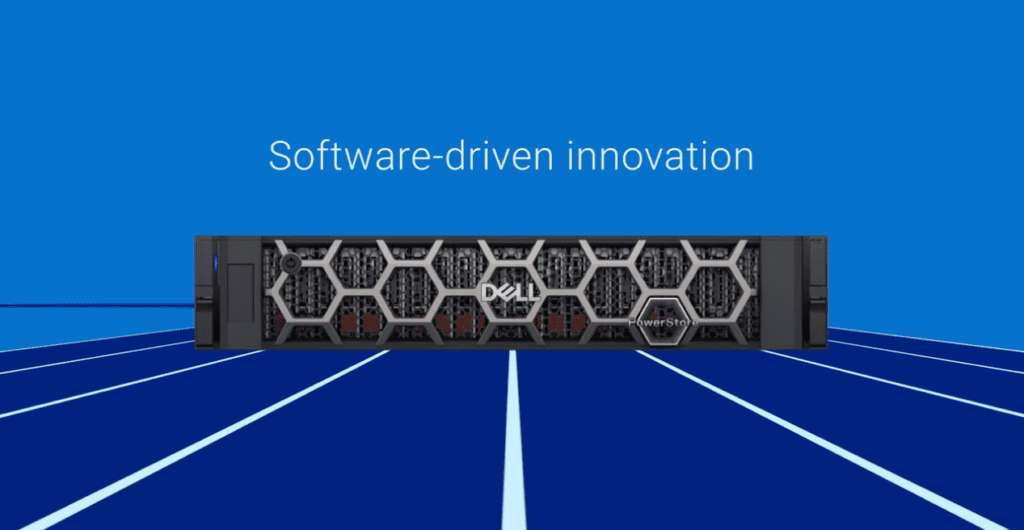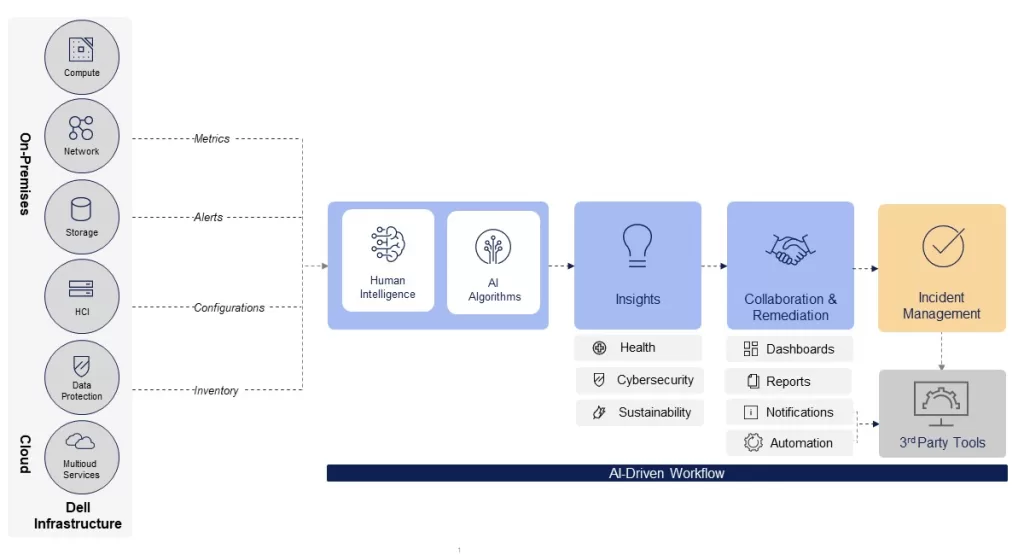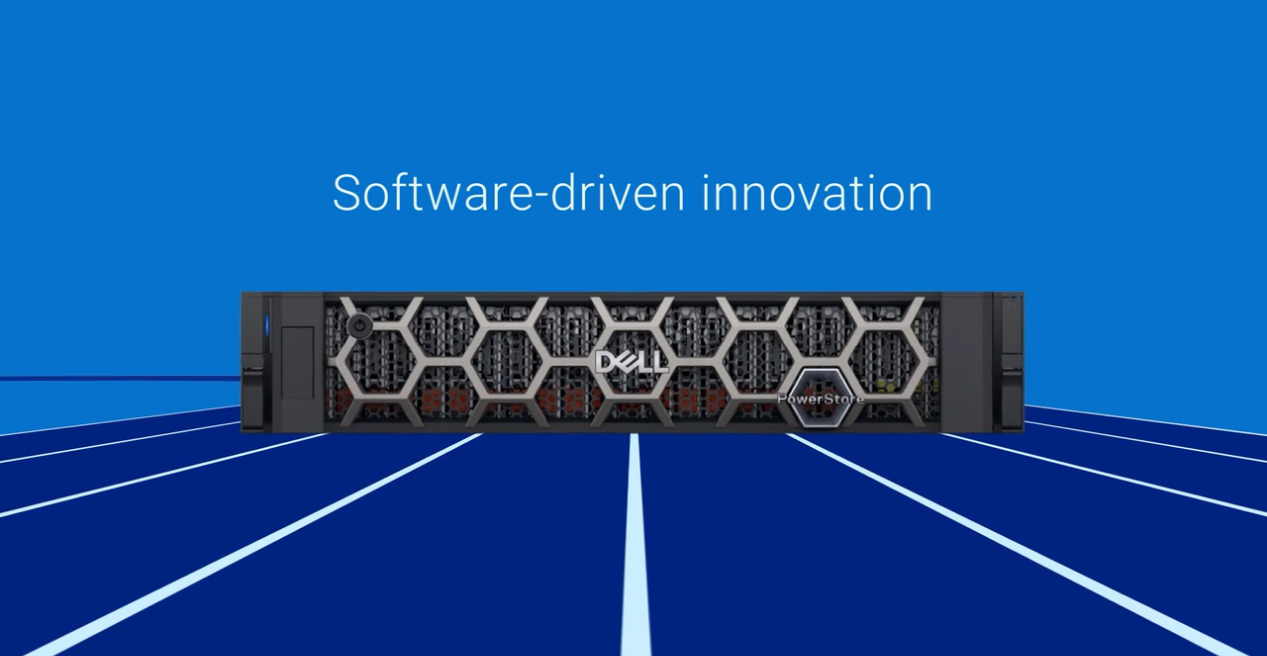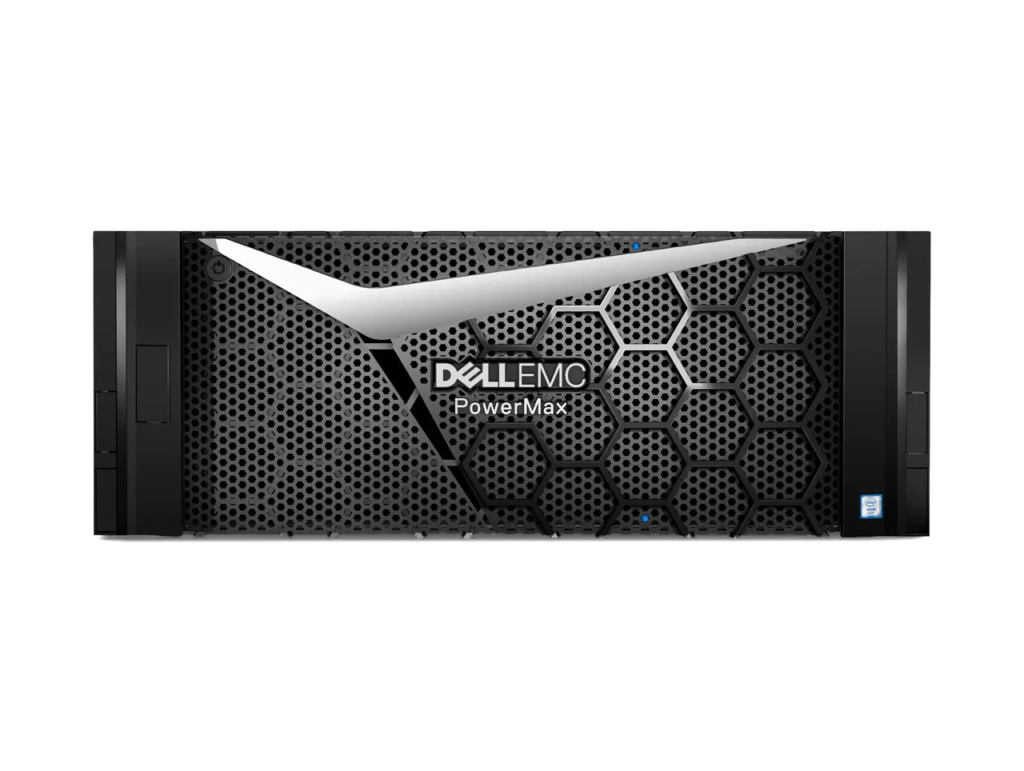Dell Technologies is bringing a slew of advancements to its PowerStore offering. The new offering delivers key improvements that augment and empower data resiliency, data and multi-cloud data mobility. With these improvements, Dell is also expanding its APEX portfolio with better, more powerful AIOps advancements and Kubernetes storage management.

Dell’s PowerStore offering has been augmented with new features that increase performance, efficiency and security. The new PowerStore Prime offers quad-level cell (QLC) based storage. This lowers the cost per terabyte compared to previously used triple-level cell (TLC) based storage. With QLC-based storage, organizations can start with as little as 11 QLC drives and quickly scale up to 5.9 petabytes of effective capacity per appliance. Dell further augments this with intelligent load-balancing capabilities that are built into PowerStorage itself. This will optimise workload placement across QLC and TLC clusters leading to better cost efficiency and up to 66% uplift in hardware performance through data-in-place higher model appliance upgrades.
PowerStore Prime also comes with a bevvy of software updates that also help increase efficiency, security and cloud mobility. These advancements are part and parcel of PowerStore Prime which comes at no additional cost to existing customers. Dell will be providing updates that deliver up to 30% higher mixed workload performance and 20% lower latency. It also delivers fortified data protection with a vast array of choices that allow customers to safeguard and backup workloads with native synchronous replication of block and file workloads and native metro replication for Windows, Linux and VMWare environments. All of this is done with an uplift of 28% in power efficiency and 20% better data reduction. These simplified workloads also empower data mobility in multi-cloud environments giving users increased flexibility to scale thanks to its connectivity to Dell APEX Block Storage.
Dell APEX AIOps Delivers Greater Agility and Control
Together with Dell PowerStorage Prime, Dell Technologies is also augmenting Dell APEX with AI-driven features to deliver better agility and control. Dell APEX AIOps will be offered in a software-as-a-service (SaaS) model. It delivers better infrastructure health and transparency with AI-driven full-stack observability and incident management.

APEX AIOps increases observability with AI-powered solutions that allow IT administrators to better address issues that arise. Dell claims that the increased infrastructure observability allows up to 10X quicker response times than traditional approaches. AI-powered health, cybersecurity and sustainability monitoring deliver actionable insights complete with detailed problem-solving recommendations. with AIOps customers are able to reduce reduction time by up to 70% with full-stack application topologies analytics. It can also deliver better uptimes and shorter recovery times with AI-driven incident management.

Dell’s APEX Navigator is also being expanded to include workloads on Kubernetes. This will simplify Kubernetes storage management on Dell PowerFlex and, in the near future, Dell PowerScale as well as Dell APEX Cloud Platforma for Red Hat OpensShift. This is achieved with expanded advanced services like data replication, application mobility and container observability.
Availability
Dell PowerStore’s software enhancements are available right now. PowerStore’s QLC model and data-in-place higher model appliance will be available starting in July. PowerStore multi-cloud data mobility and APEX Naivgator for Kubernetes will be available in Q2 2024 while APEX AIOps Infrastructure Observability and Incident Management will be available in October 2024.





